Prime Minister Narendra Modi has invited U.S. President Joe Biden to be chief guest at the Republic Day celebrations on January 26 next year, said U.S. Ambassador Eric Garcetti here on September 20. While the U.S. Congress would be in session at the time, Mr. Garcetti said that the invitation is under consideration. Mr. Biden is due to visit India in 2024 for the Quad Summit, and reports have suggested that the government is coordinating with Japanese and Australian governments to try and schedule the Indo-Pacific Quadrilateral grouping’s meeting at the same time.
“During their bilateral talks on the sidelines of the G-20 summit, Prime Minister Modi invited President Biden to visit for January 26. He did not mention the Quad Summit during the meeting, as that has to be coordinated between [all four countries],” Mr. Garcetti said speaking to journalists during an event hosted by the Ananta Centre, where he spoke about “Navigating the Future: A Post-G20 Dialogue on India-U.S. Bilateral Relations”.
This is the third time the Modi government has issued an invitation to the U.S. President for the Republic Day parade, an honour that normally goes to a different country each year. In 2015, U.S. President Barack Obama became the first American President to officiate at Republic Day, while in 2018, U.S. President Donald Trump turned down the invitation for January 2019, due to scheduling difficulties in the U.S. Congress. Mr. Garcetti’s comments came even as External Affairs Minister S. Jaishankar heads to New York, where he is likely to hold a meeting with Quad Ministers on the sidelines of the UN General Assembly meeting. Sources said that U.S.-India Defence and Foreign Ministers’ “2+2” is also being scheduled in November in Delhi this year, which will set the stage for the visit by Mr. Biden in January.
The Ministry of External Affairs (MEA) did not comment on whether Mr. Biden has been invited along with other Quad leaders for the Republic Day celebrations. Sources said South Block has been keen to host the Quad Summit as early in the year as possible, given that both India and the U.S. will head to elections in 2024, and campaign schedules could make travel later in the year more difficult. In addition, the Japanese National Diet (Parliament) will be in session, making travel difficult for Prime Minister Fumio Kishida on weekdays, while for Australian PM Anthony Albanese, given National Day is observed in Australia on January 26, travelling to India around that time poses a challenge. When asked, diplomatic sources said that “dates for Quad summit remain under discussion among partners”, but did not rule out the possibility that the Quad summit would be held just after Republic Day, on January 27-28, which fall on a weekend.
Answering questions about the India-Canada row at the Ananta Centre event, Mr. Garcetti repeated the statements issued by the U.S. State Department on PM Justin Trudeau’s allegations that Indian government agents killed Canadian Khalistani leader Harjeet Singh Nijjar in June this year. He stressed on the need for the Canadian investigation process to be completed, and for the need to respect “principles of sovereignty”, adding that the U.S. considers the allegations as “serious”.
Praising the government for organising the “best G-20 we have seen”, Mr. Garcetti said that the effect of decisions taken during the G-20 Summit in Delhi would be “prolonged”, making a particular mention of the India-Middle East-Europe Economic corridor (IMEC). When asked about funding and viability of the corridor, that is expected to run from Indian ports through a rail line across West Asia, and then onto Europe by ship, the American Ambassador said that what had been witnessed in the launch of the MoU (Memorandum of Understanding) was a “planting of the seed”, and that the details of the corridor, that holds much promise, are still to be decided upon.


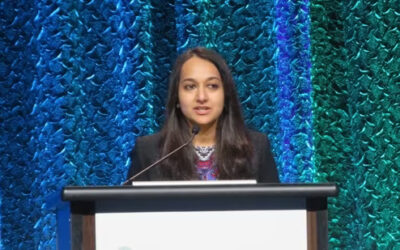
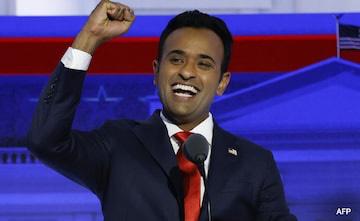
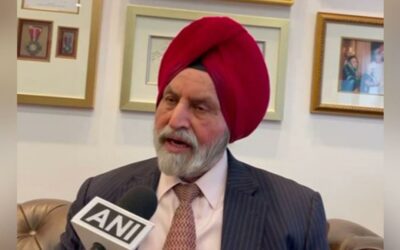

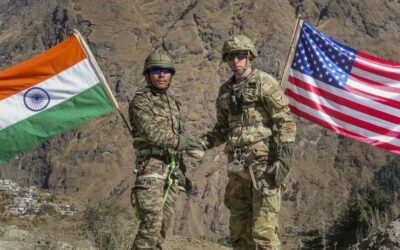
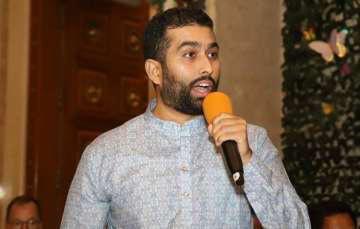
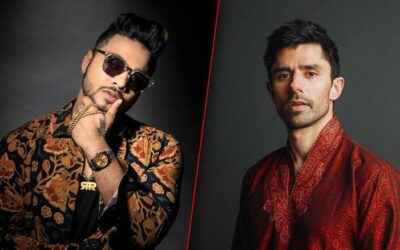
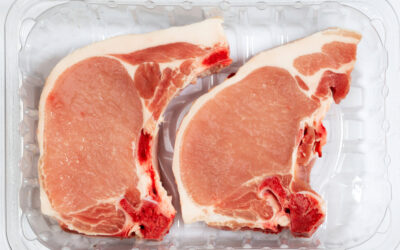
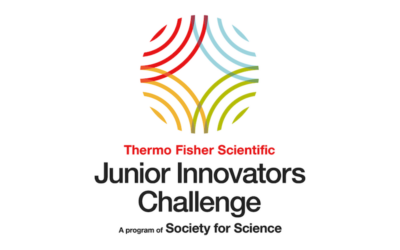
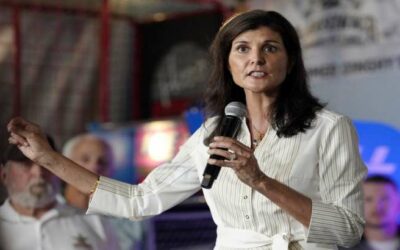
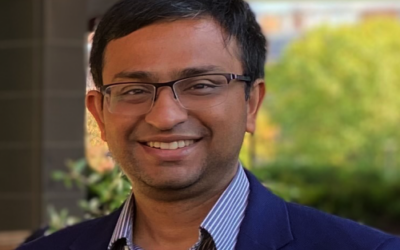
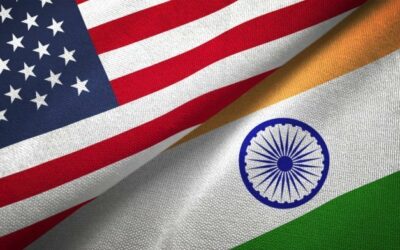
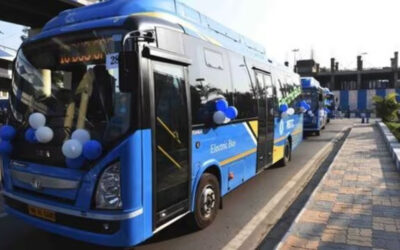
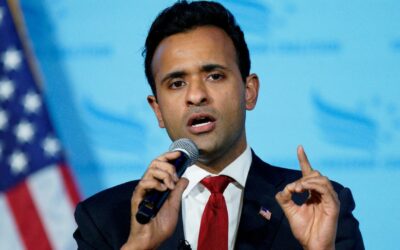
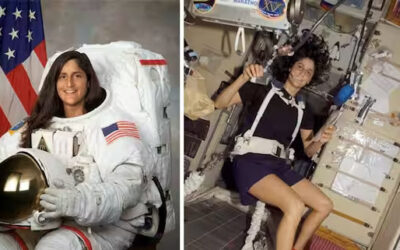
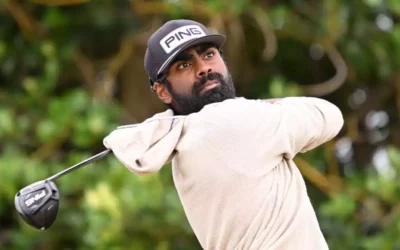
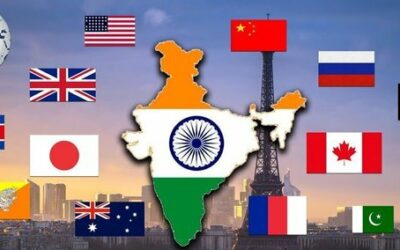
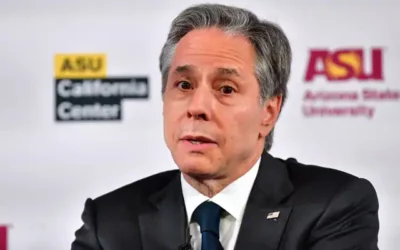
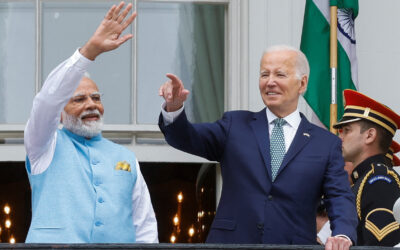
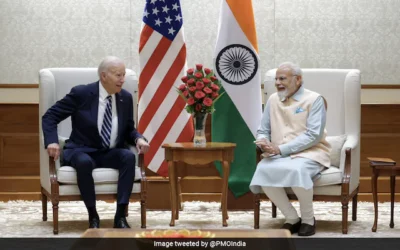
0 Comments